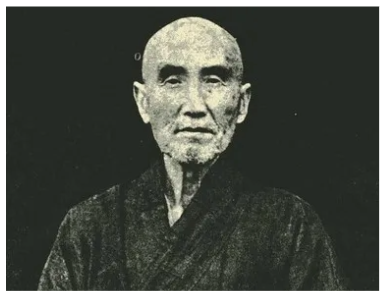Listen to my narration of the column in the embedded player above.
Late in the summer of 1892, the village of Beitang, east of Tianjin on the Bohai Gulf, experienced a cholera outbreak. “The epidemic coincided with exceptionally hot weather,” as I wrote in Heart of Buddha, Heart of China, “and temperatures near 100 degrees Fahrenheit were blamed for the disease. Hundreds of people in the village became ill, and most died within a few days of the first symptoms. Coffins were stacked high along the side of the road, and everyone in Beitang worked constantly making coffins, burying the dead, and trying to keep the corpses from rotting in the stifling heat…”
In the midst of this suffering, Wang Futing prepared for his wedding, a juxtaposition of grief and joy made even more acute when his closest friend, Jin Desheng, contracted the disease and died. Like Wang, Jin was 17 years old, with everything seemingly stretching before him. Instead, his life was cut short. Wang Futing was left wondering what might have been, staring at his friend’s bloated corpse lying in a casket.
Wang Futing was married, the celebration muted by the scenes of death all around. Then, perhaps predictably, Wang Futing began to get sick. Just days after his wedding, he began feeling sharp abdominal pains and began running a fever. His thoughts went first to his mother. He was the eighth and last child she had brought into the world, but the only one who had lived long enough to get married — the previous seven had all died as children. It seemed impossibly cruel for him to die just as he was beginning the next generation. Not wanting to alarm his mother, he retired to his room to sleep, fitfully and wracked by dreams.
And then he died.
What happened next, by his own account, was a descent into the underworld. Ghostly guards escorted him to an office where he was interrogated and challenged. At each stage, Wang Futing disputed with anyone who would listen — bureaucrats, mostly — that he did not belong here. Could he be returned to the living and spare his mother additional grief? Eventually, he argued with the King of Hell himself that he was the only one who could care for her. Finally, he negotiated a five-year extension of his life, provided that he recited a designated number of Buddhist sutras every day and dedicated his life to alleviating suffering. Every five years, his case would be reevaluated.





